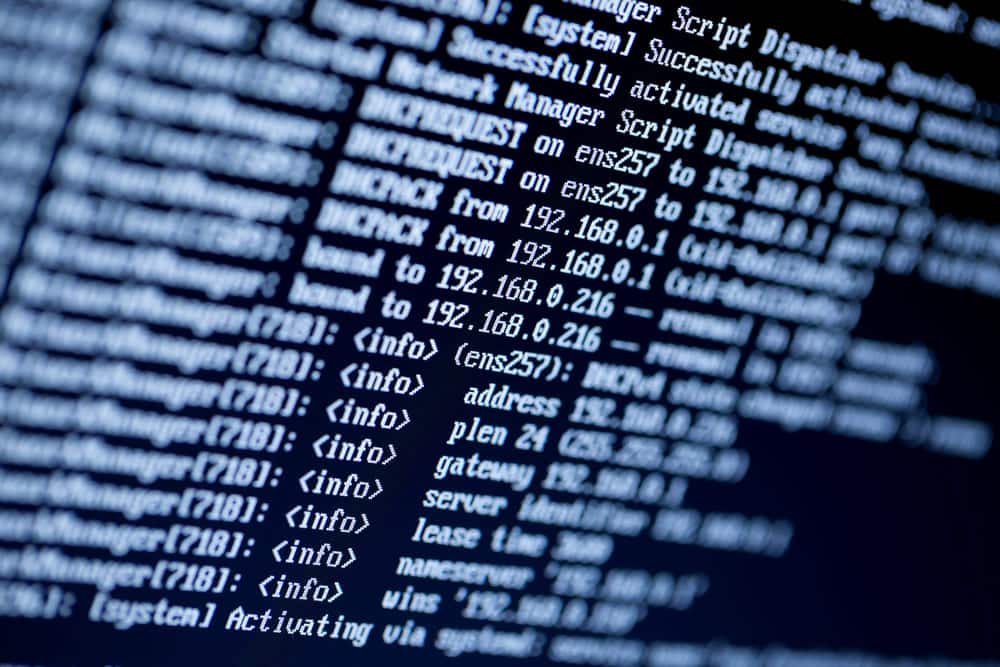
IP Address or Internet Protocol Address is a set of unique numbers that is assigned to any devices that you might have connected over the internet or any other network that you might have. IP address needs to be unique on a network so the data packets that are being transmitted over the network don’t collide with one another and they can be transferred from one device to another in a secure manner as well.
You can easily check your IP Address over the internet or the PC in the Network settings if you need it to configure some network preferences or setup a server and things like that. If you are wondering why your Public IP is different from IPConfig, here are a few things that you will need to know about it.
Why Is My Public IP Different From IPConfig?
1) Public IP
Public IP Address is the term that is used for the IP Address that is shown to the servers, devices and the networks once you connect a device to the internet. It is simply the IP Address that your PC is showing over the internet and is publicly accessible as well to the websites or any other network that you might be connecting your device with through the internet.
It tends to change at times as well, as there are certain terminologies involved with the whole networking process. A few things that might cause your Public IP to be Different than the IPConfig are:
2) VPN
The most common possibility for you to face this is that you might be using some sort of VPN on your device that you are using to connect with the internet. The concept is pretty simple and the VPN or Virtual Private Network basically masks the IP Address and other sensitive information from your device and re-routes the network traffic through their servers for additional layer of security when you are connected over the internet.
So, you will be seeing a completely different Public IP Address if you have the VPN enabled on the device that you are using and that is nothing to be worried about. It is just to ensure that you are getting protected over the internet and all the traffic is being securely re-routed so hackers cannot directly access your device or any of the information that you might have stored on it.
3) Modem/Router
Most of the home or office networks these days are not directly connected with the ISP as there are multiple devices or computers on the same network. That is why they would need a modem, router or some switch to distribute the traffic and internet access across all the devices.
So, if you are using some router, modem or switch on your network to connect with the devices that you might be using. There is also nothing to be worried about it as the DHCP on your router will automatically assign the IP Addresses to all the devices that you might have connected on the network to ensure a seamless flow of traffic on your network.